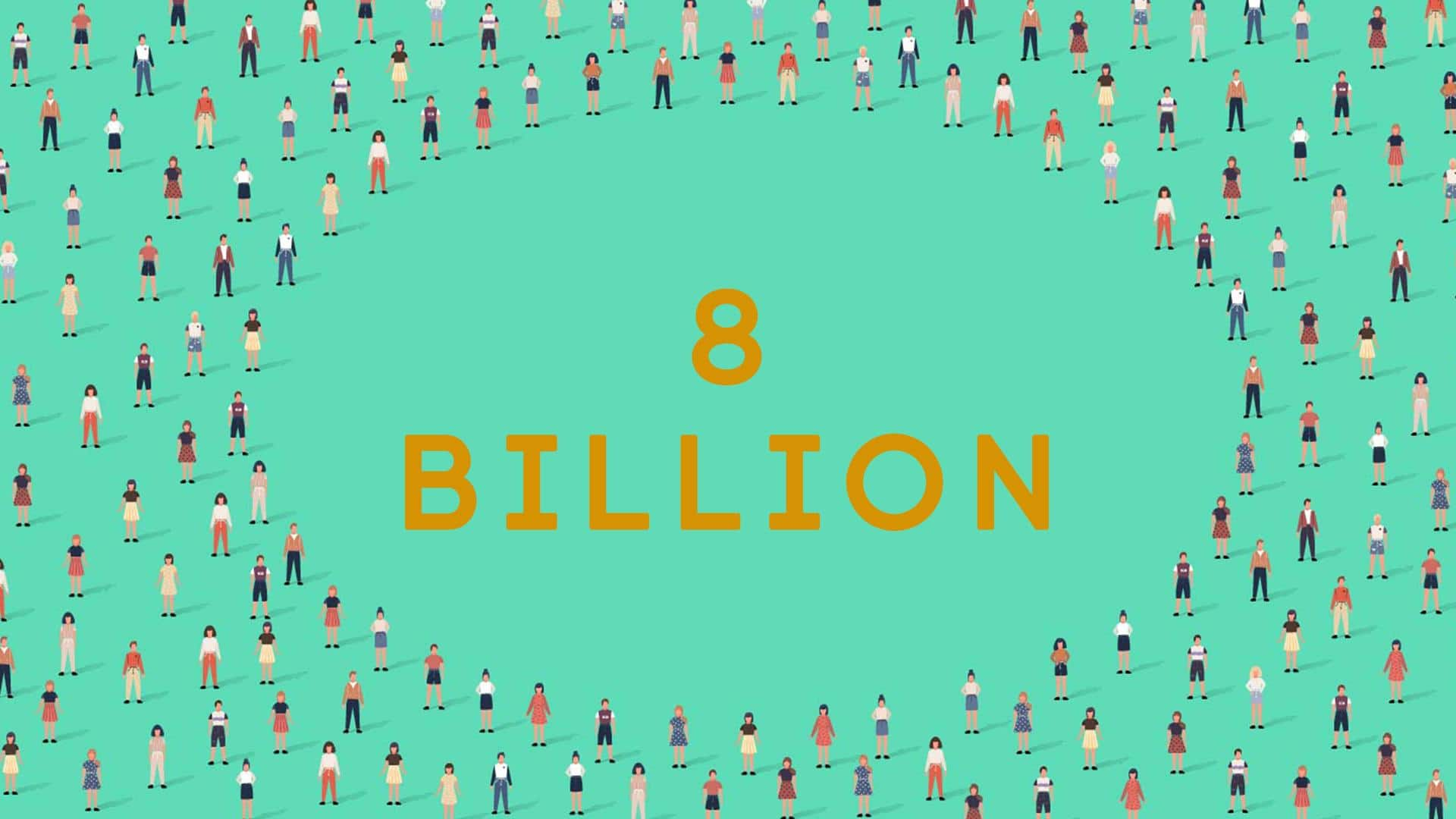
World human population crosses 8 billion mark: UN report
What's the story
Reaching a significant milestone in human development, the world population breached the eight billion mark on Tuesday, according to the United Nations (UN).
In just 48 years (1974), the global population doubled from four billion to eight billion.
Moreover, the next billion people are set to come from only eight nations—Egypt, India, Pakistan, Congo, Ethiopia, Nigeria, Tanzania, and the Philippines—as per a UN report.
Context
Why does this story matter?
Interestingly, according to the estimates published in the UN's World Population Prospects 2022 report, India is en route to overtake China as the most populous nation in the world as early as 2023.
Meanwhile, a report by Bloomberg shows that 50% of the world population still lives in just seven nations: India, China, Pakistan, Indonesia, Brazil, Nigeria, and the United States (US).
Context
Reason behind the unprecedented rise in population
The aforementioned United Nations report also stated that this unprecedented rise in population is due to a gradual rise in human lifespan amid continuous advancements in nutrition, medicine, public health, and personal hygiene.
It also highlighted the persistent and high levels of fertility in some nations as one of the main factors behind the population boom worldwide.
8 billion people
'Historic milestone for humanity,' says UN
The UN also labeled the global human population crossing the eight billion mark "a historic milestone for humanity" and added that it could take 15 more years to reach the nine billion landmark.
However, the intergovernmental organization doesn't expect the world population to hit 10 billion before 2080, indicating that the overall global population's growth rate is now slowing down.
Information
Global life expectancy to go up
As per the UN, in 2019, the global life expectancy was 72.8 years, marking an increase of nine years from 1990; the life expectancy was approximately 63 years back then. It also predicted that the current life expectancy could increase to 77.2 years by 2050.
2020-22
Impact of COVID-19 pandemic on global life expectancy
While the global life expectancy rose to 72.8 years in 2019, the COVID-19 pandemic reportedly drove it down to 71 years in 2021.
In some nations like Mexico, Oman, and Lebanon, among others, the expected life expectancy at birth declined by over four years between 2019-21 due to the same.
The pandemic affected other facets of the population, including migration, mortality, and fertility, too.